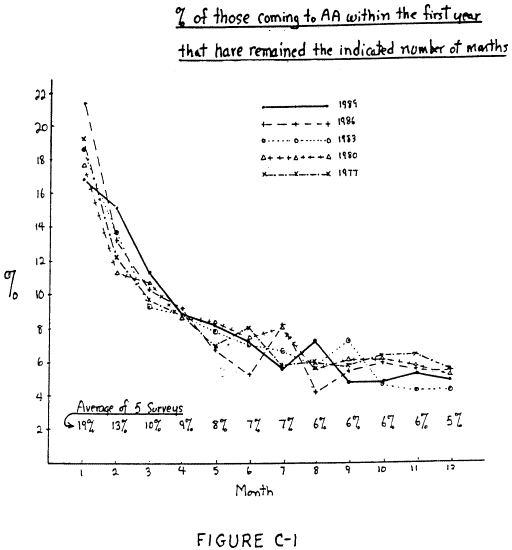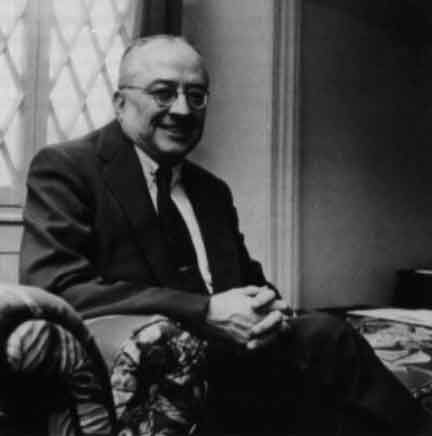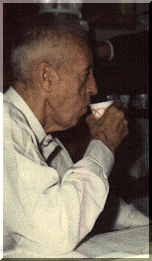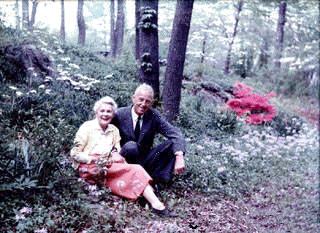M.A.:
"M A, on February 23, 2010 at 11:04 am Said:
For what it’s worth, I don’t care for Speedy’s insults. Those are no better than the insults thrown around here by AAs.
As for your question, Cuda, there are several alternatives. The first is simply just quitting. You believe AA helped you stay quit. That’s fine. Wade Boggs ate chicken before every game, but that didn’t help him hit any better. It was simply superstition, just like your AA participation. You really quit on your own. You owe it to yourself, even though it has been beat into your head that it is a result of some spiritual hocus pocus. People believe in faith healing all the time, so you aren’t alone. Look at any Benny Hinn or Oral Roberts dog and pony show. You could have replaced AA with a ouija board or touch therapy or Scientology, and you would have had the same result.
There are those who simply can’t quit as easily. The reason for this isn’t mystical, or because they are “real alcoholics”, but is physiological. Most alcoholics’ brains react differently to alcohol than non-alkies. It creates a euphoria for us because it increases our serotonin and endorphin levels, giving us a better feeling from a buzz. This is why we can’t stop at one or two. We instinctively want to keep up those endorphin levels. With time drinking, we condition our bodies to rely on the rush of endorphins from our daily drunk, so our body stops its natural serotonin production. Without booze, we feel weird, shitty, shaky, depressed. These are the withdrawal symptoms which, with time, get better and revert back to normal. It is as physiological as diabetes or heart disease.
Most people can stick through it long enough to get to normal, and some never really do revert back to normal serotonin and endorphin production. It depends on individual physiology. Either way, for those who need help either short or long term, there are options. One is the Sinclair method, which is a drug therapy that addresses these physiological problems which are not a result of character flaws and spiritual deficiencies or any other 19th century diagnosis. There are other similar options, none of which are perfect, but like any science gets better and more refined with time. It will NOT get better as fast as it could with AA and AAs fighting these things every step of the way, and convincing people that all they need is faith healing. or that they are replacing one drug with another.
There are also psychological reasons why people drink, and there are psychological consequences to alcohol abuse. Those people can be helped with real, professional psychotherapists. Psychologists and psychiatrists who are trained in human psychology, not a lay person like you or me, who have to rely on pop psychology, and are influenced by our own personal experiences, and tend to project our problems onto others.
There are other support groups aside from AA, and if someone feels like those will help in them in actualizing their quit, that is great. Even AA has that component right, if they could provide the group support without the head games and manipulation that goes along with it.
We haven’t written much about the alternatives, because this isn’t a recovery site. Our objective here is to tear AA a new asshole, and to help others who have had the same experiences that we have had.
Reply
OK... I will reply. So what you basically offer is "Just quit". Now we're back to the Nancy Reagan speech.

Just say no. I think that's just wonderful. It's fairly simple too. If you do what you say, raise your hands!
Now... what's the book say?
Dr's Opinion:
Men and women drink essentially because they like the effect produced by alcohol. The sensation is so elusive that, while they admit it is injurious, they cannot after a time differentiate the true from the false. To them, their alcoholic life seems the only normal one. They are restless, irritable and discontented, unless they can again experience the sense of ease and comfort which comes at once by taking a few drinks--drinks which they see others taking with impunity. After they have succumbed to the desire again, as so many do, and the phenomenon of craving develops, they pass through the well-known stages of a spree, emerging remorseful, with a firm resolution not to drink again. This is repeated over and over, and unless this person can experience an entire psychic change there is very little hope of his recovery.

On the other hand--and strange as this may seem to those who do not understand--once a psychic change has occurred, the very same person who seemed doomed, who had so many problems he despaired of ever solving them, suddenly finds himself easily able to control his desire for alcohol, the only effort necessary being that required to follow a few simple rules.
Men have cried out to me in sincere and despairing appeal: "Doctor, I cannot go on like this! I have everything to live for! I must stop, but I cannot! You must help me!"

Faced with this problem, if a doctor is honest with himself, he must sometimes feel his own inadequacy. Although he gives all that is in him, it often is not enough.
One feels that something more than human power is needed to produce the essential psychic change. 
Though the aggregate of recoveries resulting from psychiatric effort is considerable, we physicians must admit we have made little impression upon the problem as a whole. Many types do not respond to the ordinary psychological approach.
M.A.s opinion:
Just say no. Frothy emotional appeal.
See the difference?
Dr. Jack will get you high tonight...




















